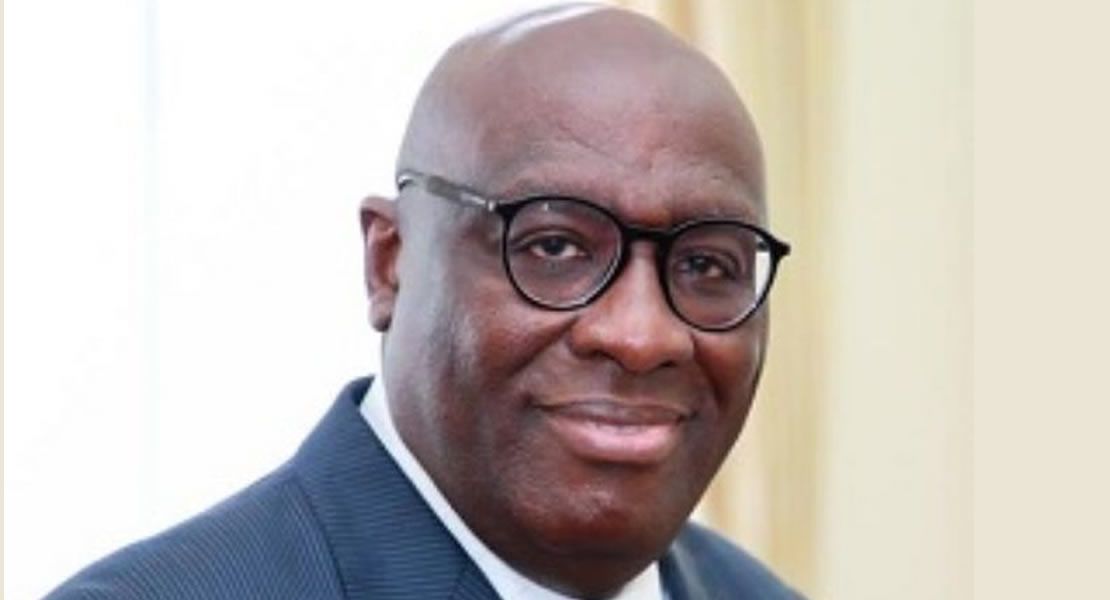
Papa Owusu-Ankomah, Member of Parliament (MP) for Sekondi has said the property owning democracy of the New Patriotic Party (NPP), is rooted on communal property ownership where community estates are not held entirely by chiefdom.
“Too much centralisation of ownership of resources has been the bane of development in Ghana,” he said, adding that centralised systems, which allow the chiefs to hold the property in trust, do not benefit the people.
Papa Owusu-Ankomah was contributing to a motion to adopt the report of the Land Commission on Lands and Forestry on the Annual Report of the Office of the Administrator of Stool Lands for the year 2008.
He said the state must redefine the role of the chief as the custodian of family or community estates by seeking accountability from them that hold the property in trust for the community.
“We must take a second look at the role of the state in the ownership and managing of stool lands,” he said, adding that the potent crises recipe was when communities were de-possessed of property that belonged to all of them.
“Concerning the issues of land, it’s time to allow the people to manage their own resources,” he said, adding that Ghana could not make progress unless we accept these facts.
Papa Owusu-Ankomah noted that some communities were rich in resources but the people were poor because few people were made custodian of the estates who were not accountable to anyone.
He said this kind of attitude resulted in endless conflict in some other jurisdictions, adding that in such situations it was the bureaucrats that benefit.
He described the traditional property ownership system as “paternalistic colonial relic which must be stopped.”
Alhaji Mohammed-Mubarak Muntaka, National Democratic Congress (NDC) member for Asawase also explained that royalties allocated to chiefs must be accounted for.
He said the situation that royalties were given without direction as to how the money was spent was bad a practice.
He said Ghana’s democracy must grow beyond electing people, adding the situation where the laws of the land were silence on the matter could not help grow Ghana’s democracy.
Source: GNA